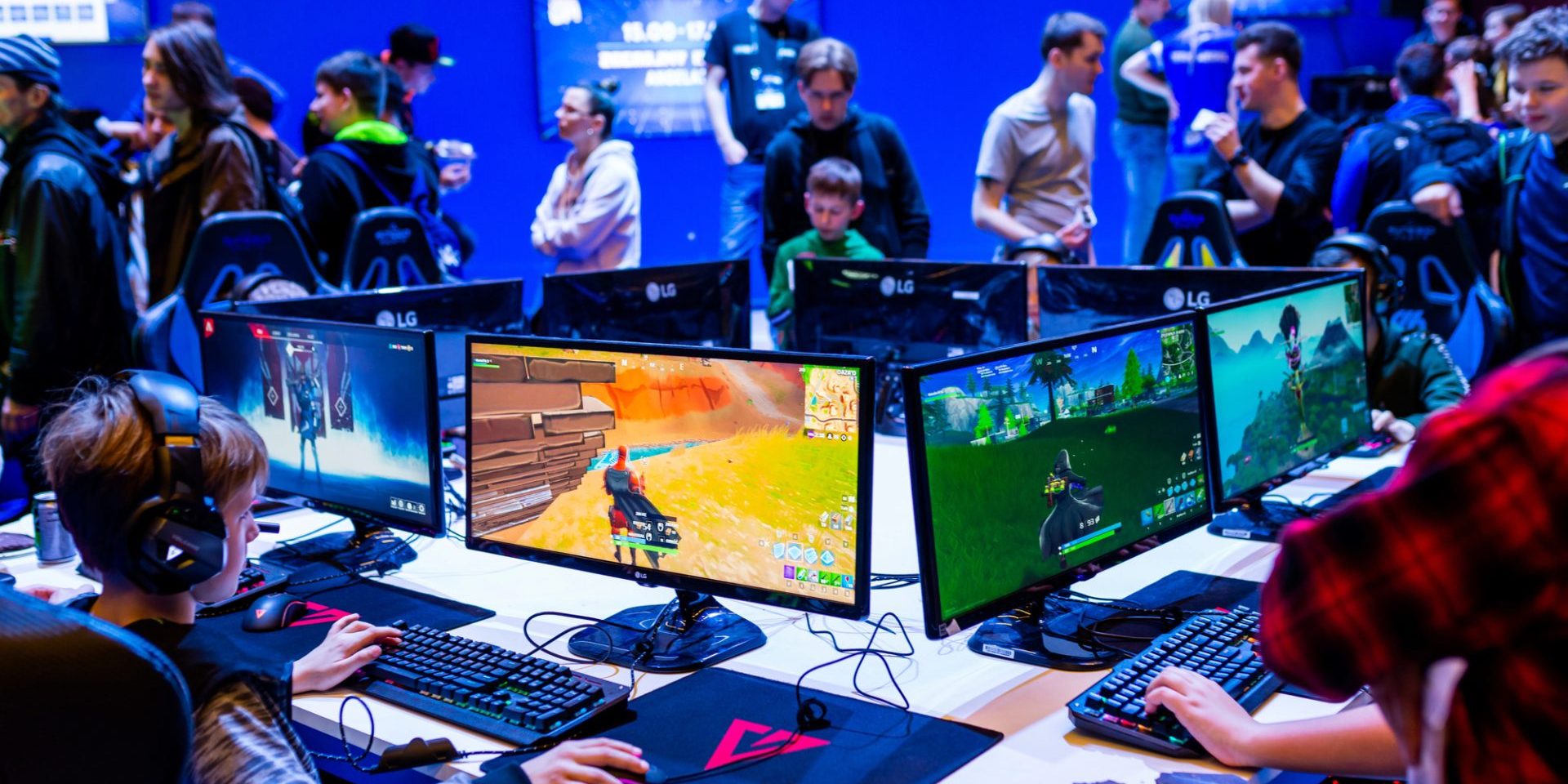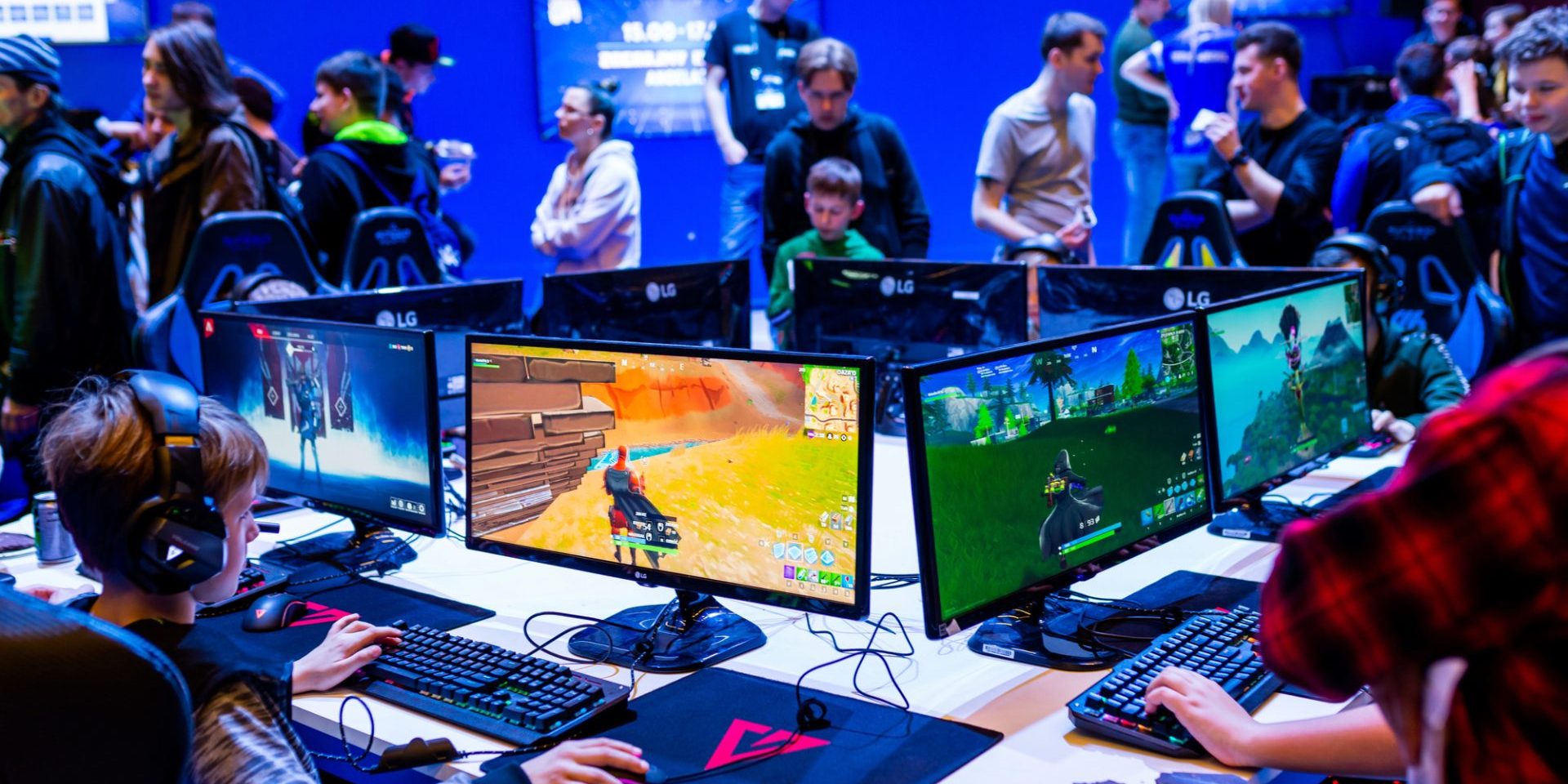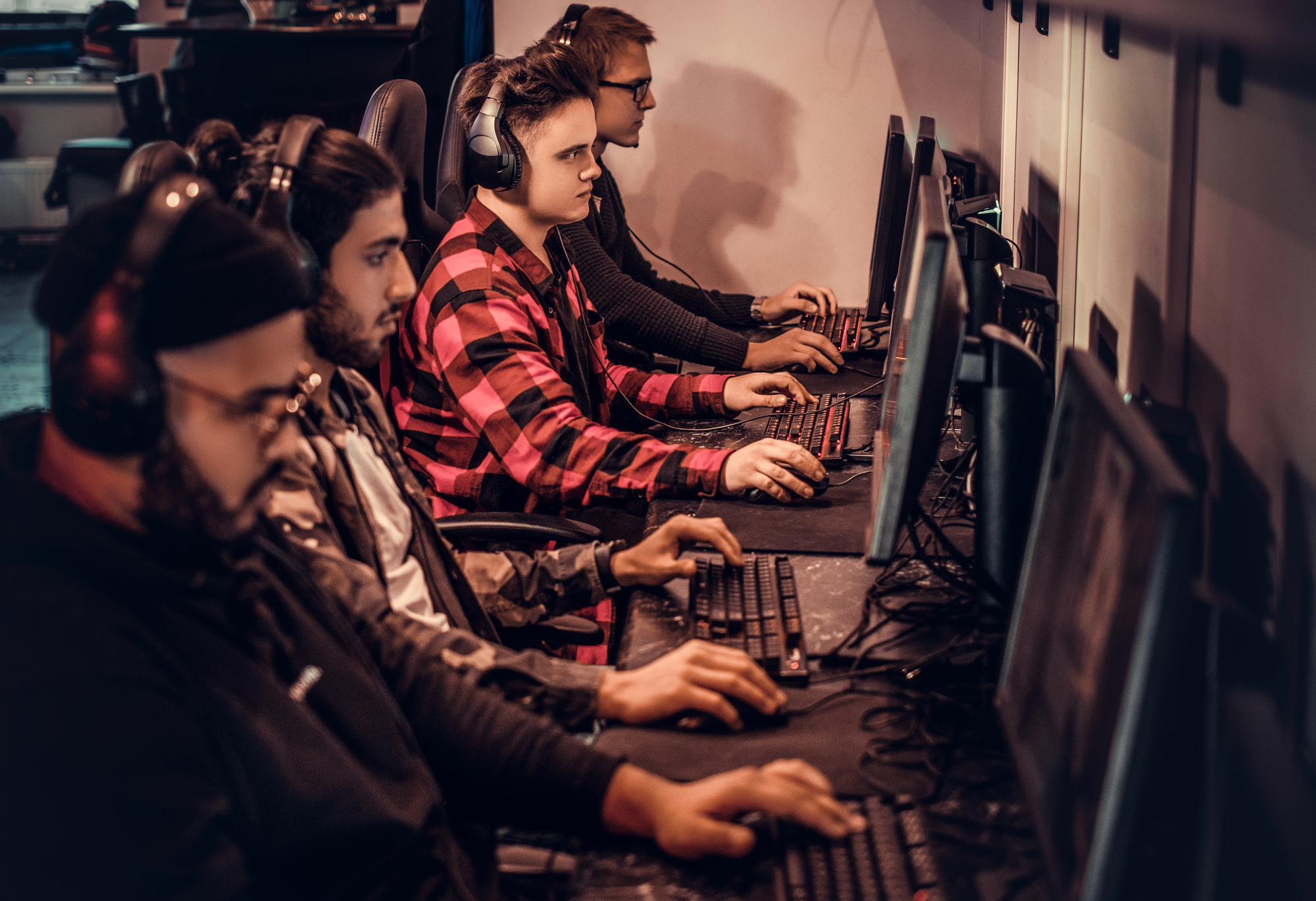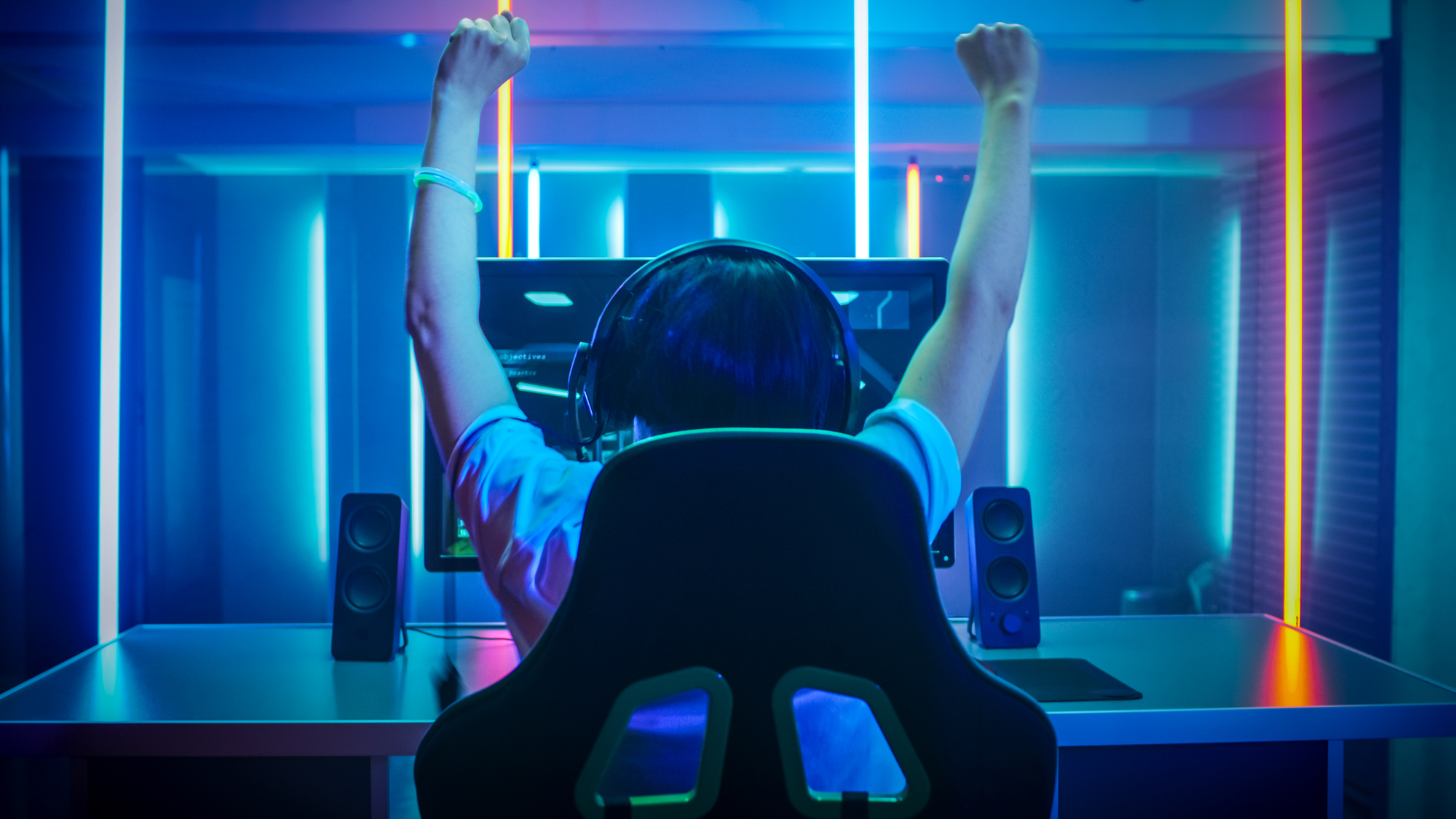Gaming is emerging as a powerful tool for fostering peace and unity across the globe. Through innovative game designs and collaborative platforms, developers are creating virtual spaces that bridge cultural divides and promote understanding between diverse groups. Video games are providing unique opportunities for people from different backgrounds to connect, cooperate, and develop empathy for one another’s experiences.
One notable example is Lual Mayen, a former refugee who spent 22 years in a displacement camp. Mayen created games to entertain fellow camp residents, eventually realising the potential of gaming to generate empathy for refugees and drive social change. His work demonstrates how interactive digital experiences can raise awareness about important issues and bring people together.
Other initiatives, like the game “World Rescue” developed by Pocket Scientists, aim to promote peace and sustainable development through gameplay. These projects showcase how gaming can be used to further ideas of global citizenship and encourage players to think critically about complex global challenges. As the gaming industry continues to grow, its potential to create positive change and unite people worldwide becomes increasingly apparent.
The Impact of Gaming on Peace and Community Building
Video games and digital platforms are creating new avenues for fostering global understanding and cooperation. These interactive experiences offer unique opportunities to bridge divides and promote peaceful collaboration across cultures.
Facilitating Global Citizenship and Empathy Through Gaming
Video games provide immersive environments that allow players to experience different perspectives and cultures. Educational games focused on peace and sustainability help develop empathy and global awareness. Players can step into the shoes of characters from diverse backgrounds, fostering cross-cultural understanding.
Games that simulate real-world scenarios encourage players to consider complex global issues. These experiences can spark discussions about social justice, human rights, and environmental challenges. By engaging with these topics in a interactive format, gamers develop a more nuanced worldview.
Some games facilitate direct communication between players from different countries. This interaction breaks down barriers and builds connections across borders.
Digital Games as Learning Tools for Conflict Prevention
Serious games and simulations are being used to educate players about conflict resolution and peacebuilding strategies. These games present complex scenarios that require thoughtful decision-making and negotiation.
Players learn to consider multiple perspectives and find non-violent solutions to disputes. By practising these skills in a safe virtual environment, gamers can apply them to real-world situations.
Some games focus on specific historical conflicts or ongoing issues. These educational experiences provide context and promote understanding of the root causes of discord.
Esports and Collaborative Competitions Promoting Unity
Competitive gaming events bring together players from diverse backgrounds to collaborate towards shared goals. International tournaments foster a sense of camaraderie and mutual respect among participants.
Team-based esports require effective communication and cooperation to succeed. These skills translate beyond the game, promoting unity and collaboration in other areas of life.
Many esports organisations support charitable causes and social initiatives. This philanthropic focus helps build positive communities around gaming.
Large-scale gaming events often celebrate cultural diversity, showcasing talent from around the world. These gatherings promote cross-cultural exchange and global understanding.
Educational Games and Sustainable Development
Video games have become powerful tools for promoting sustainable development goals and educating players on global issues. These interactive experiences engage millions worldwide, fostering awareness and action on critical challenges facing our planet.
Innovative Gaming Challenges for Learning and Resilience
UNESCO MGIEP launched an international Gaming Challenge in 2014, receiving 104 submissions from 36 countries. This initiative aimed to create video games that educate players on peace and sustainable development. Finalists received funding and mentorship to develop their concepts further.
Game developers are creating experiences that make learning more democratic, dynamic, and enjoyable. These games equip players with skills to become responsible global citizens, ready to tackle future challenges.
Gaming in Affected Regions: Fostering Hope and Sustainability
Games focused on post-conflict stabilisation are gaining traction. Rebel Inc., launched in December 2018, has engaged over four million players worldwide on this critical issue.
These games allow players to explore complex scenarios in affected regions, fostering hope and promoting sustainable solutions. By simulating real-world challenges, they help players develop problem-solving skills and empathy for those in difficult situations.
Incorporating Climate Change and Sustainability Themes in Games
Game developers are integrating climate change and sustainability themes into their creations. World Rescue, a winner of UNESCO MGIEP’s gaming challenge, is inspired by the UN’s Sustainable Development Goals.
Set across five countries, the game introduces players to young heroes tackling global issues. This approach makes complex topics more accessible and engaging for a wide audience.
Climate-focused games encourage players to think critically about environmental challenges and explore potential solutions. They serve as effective learning tools, raising awareness and inspiring action on sustainability issues.
Gaming as a Platform for Inclusivity and Diversity
Video games provide a unique space for people of all backgrounds to connect and collaborate. They foster understanding across cultures and promote acceptance of diverse identities.
Gender Inclusivity and the Reduction of Violent Extremism Through Games
Games are increasingly featuring diverse characters and storylines that challenge gender stereotypes. This representation helps players see beyond traditional roles and fosters empathy.
Inclusive gaming allows individuals from different backgrounds to interact on equal footing. By bringing people together, games can help reduce the isolation that often leads to extremist views.
Some games directly address issues of violence and conflict resolution. These titles encourage players to find peaceful solutions to problems, potentially reducing real-world aggression.
Video Games as Vessels for Cultural Exchange and Understanding
Many games showcase diverse cultures and traditions, allowing players to experience worlds different from their own. This exposure can broaden perspectives and increase appreciation for global diversity.
Multiplayer games create opportunities for people from various countries to work together towards common goals. These interactions can break down cultural barriers and foster international friendships.
Game developers are increasingly consulting with cultural experts to ensure authentic representation. This attention to detail helps players gain accurate insights into different societies and ways of life.
Virtual reality games offer immersive experiences of other cultures, allowing players to “walk in someone else’s shoes”. This technology has the potential to greatly enhance cross-cultural understanding.
Case Studies and Notable Initiatives
Gaming initiatives worldwide are fostering peace and unity through creative approaches. These efforts span refugee camps, game development, and educational outreach.
Junub Games: A Testament to Gaming for Peace in Refugee Camps
Junub Games stands out as a pioneering initiative bringing gaming to refugee camps. Founded in South Sudan, this project aims to promote peace through interactive experiences. The organisation develops games that address conflict resolution and cultural understanding.
In refugee camps, Junub Games provides a platform for young people to engage with peace-building concepts. Their games often incorporate local stories and traditions, helping to preserve cultural heritage while promoting unity.
The impact of Junub Games extends beyond entertainment. By fostering dialogue and empathy through gaming, the initiative contributes to conflict resolution skills among refugee youth.
Lual Mayen’s Story: From Refugee to Game Developer for Peace
Lual Mayen’s journey from a refugee camp to becoming a game developer exemplifies the transformative power of gaming. Born in a refugee camp, Mayen taught himself programming and game design.
His breakthrough came with the development of ‘Salaam’, a game focused on the refugee experience. ‘Salaam’ challenges players to guide a refugee to safety, highlighting the difficulties faced by displaced persons.
Mayen’s work has gained international recognition, showcasing how personal experiences can shape meaningful game design. His efforts demonstrate the potential of games to raise awareness about global issues and promote empathy.
UNESCO’s Role in Leveraging Games for Educational Outreach
UNESCO has recognised the potential of gaming in promoting peace and sustainable development. In 2014, the organisation launched an International Gaming Challenge, inviting proposals for games addressing these themes.
The challenge received 104 submissions from 36 countries, highlighting global interest in gaming for social good. Finalists received funding and mentorship to develop their concepts further.
UNESCO’s initiative underscores the growing acceptance of gaming as a tool for education and peacebuilding. By supporting game developers, the organisation helps create engaging educational content that reaches a wide audience.











